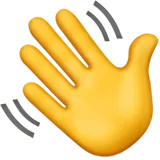
Contact Us
Get in touch with us using the form or details below. We look forward to hearing from you!
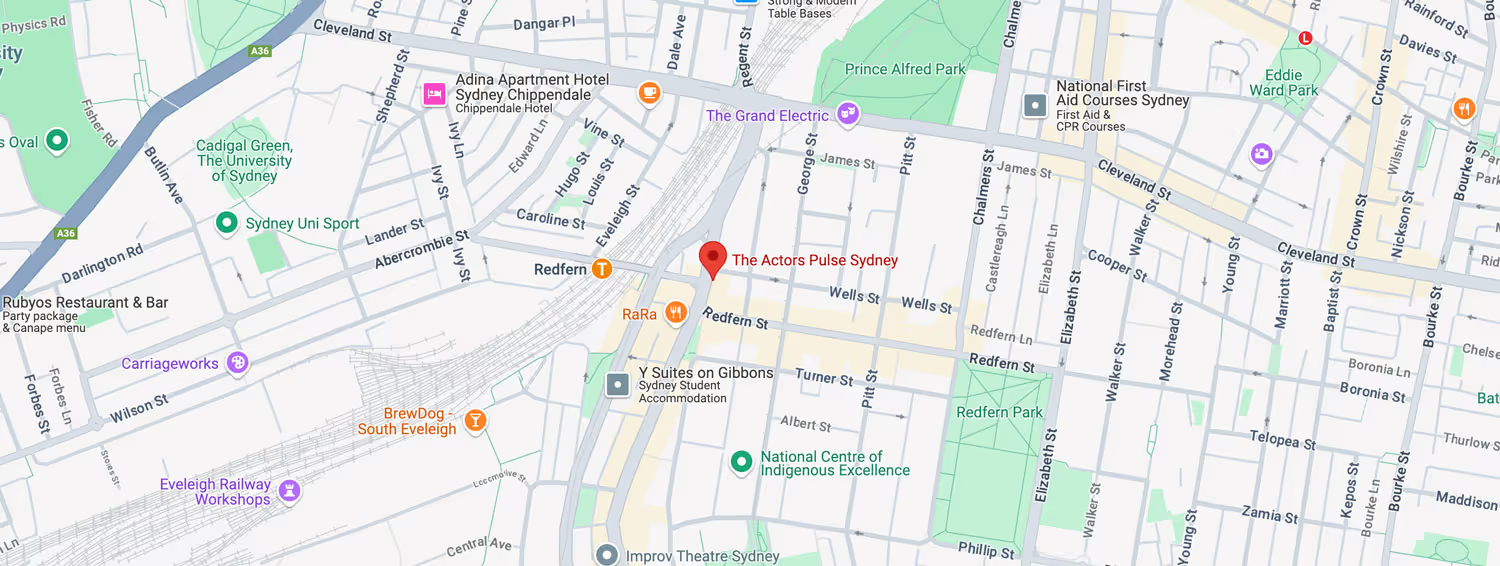
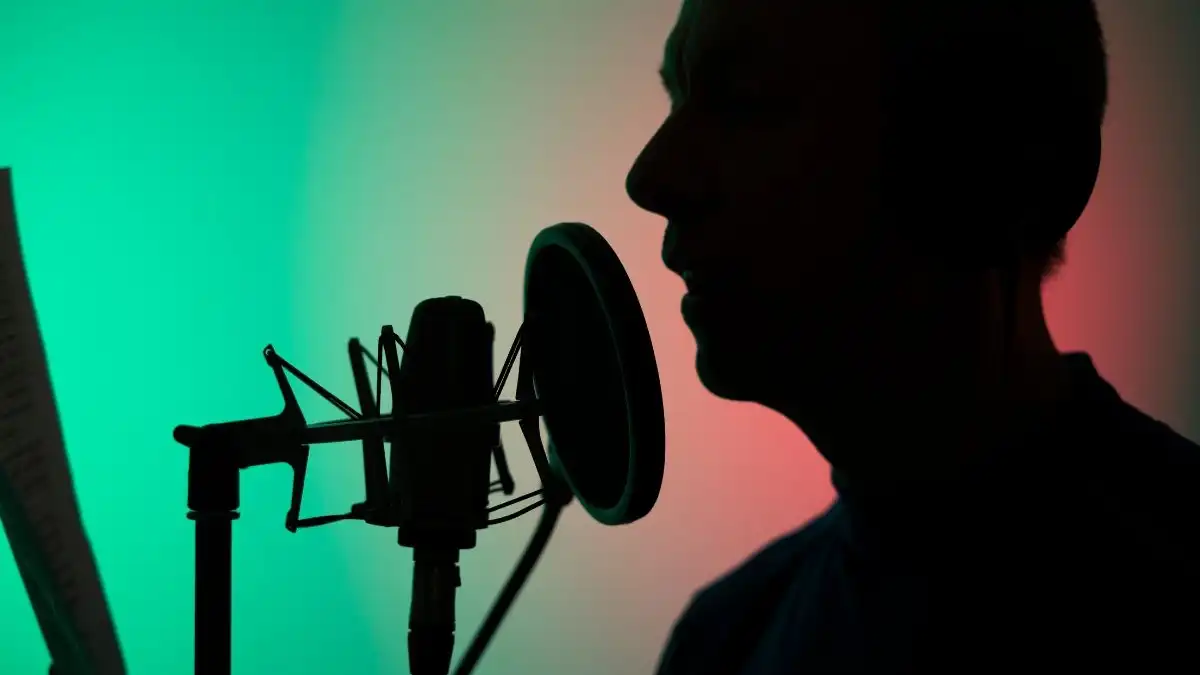
Ever dreamt of being an actor but hate the lack of privacy that comes with being recognised? If so, then voice acting or voiceover acting could be the perfect solution.
There is as much of a demand for voice actors as their on-screen counterparts and the variety of work can be even more appealing. Take the cast of the Simpsons for example, equally, if not more well-known than many famous actors, they are also incredibly wealthy thanks to their voice skills.
If you have a talent for voices and think this career path sounds right for you, we’re here to guide you through how to pursue voice acting in Australia.
Voice acting is a form of acting that is solely focused on the actor’s voice. Voiceover work requires serious talent as you are relying on your voice without any physical acting alongside it to convey meaning.
Voiceover work is seen in many forms including but not limited to:
Being an artistic field, there is no formal training to work as a voice actor. That said, many renowned drama schools include modules on voice-over work as part of their wider voice curriculum.
Many actors work as voice actors alongside their work on stage or screen. While voice acting has its own unique challenges, a background in acting onstage or on screen is a great place to start and can give you an advantage.
If you desire to work within a specific niche of voiceover acting, such as documentaries, a good approach is to watch a range of content from this field. This helps to hone your ear so you can discern between what works and what doesn’t.
You may also find your voice lends itself more naturally to a specific subject. If you’re unsure or feel you need guidance, working with a voice or acting coach is a great place to start.
Just as actors need some equipment to prepare showreels and self-taped auditions, a voice actor needs much the same.
While you don’t need a video showreel, a voiceover reel is a must. The principles are much the same – focus on recording your best material and limit your recording to around one minute. Be sure to state your contact information, playing age, vocal quality and any training you have had also.
As you become more experienced or confident, you can create reels for specific niches. For example, you may have one reel for commercials, one reel for documentaries, one for video games and so forth.
To record a voiceover reel, you can start by using your smartphone, but be sure to use a good quality external microphone that eliminates background noise and takes a clear recording.
A home voiceover studio is not necessary to start with and should only be considered once you have built a considerable career as a voice actor.
One of the great things about being a voice actor is that age is irrelevant, whether you’re a teenager hoping to break into the industry or an older individual looking to change careers if you have the necessary skills your age doesn’t matter.
Of course, the older you are when you begin, the harder it can be to break into the industry. Building up a portfolio of work and honing your skill can take many years of dedicated work, so the younger you start, the more time you’ll have to enjoy this line of work.
Of course, the flip side to this is that if you’re really young, you may not be taken seriously enough. As with any form of acting, perseverance and dedication are key.
Yes, as an industry worth millions, there is certainly money to be made in this field. How much you make will depend on several factors including the length of the project, run time when broadcast and more. No two jobs ever pay the same and as a highly competitive industry, it can be difficult to live solely on voiceover work until you are well established and in demand.
In Australia, the Media, Entertainment & Arts Alliance website is a free resource where you can review the latest legislation around minimums and requirements for voiceover actors. Through mastery of dialects and accents, your voiceover work could also be in demand not only in Australia but internationally too. So when it comes to earning, the sky’s the limit.
To find voiceover work, you’ll need to be proactive. Forming network connections is vital as is consistently checking for auditions. Unlike stage and film acting, you can also reach out to production houses directly and ask how they source their voice actors.
Whether you hope to get into video game voiceovers or audiobooks, documentaries or radio plays, immerse yourself in these worlds and don’t be afraid to ask them for guidance and advice. Always be polite and complimentary of their work, ask to go on their books and send them your voiceover showreels for reference.
If voice acting is something you’d like to get into but feel you’d benefit from formal training first, then attending acting classes is a great place to start.
Through acting classes, you can learn to master various dialects and accents, gain increased confidence, connect with like-minded artists, form important connections and more.
At The Actors Pulse, we are the leading school for the Meisner technique in the Southern Hemisphere. We are known for our pared-back approach to acting that teaches students how to deliver truthful and impressive performances.
We offer part-time or full-time classes with online and in-person options, all led by passionate and skilled teachers. Learn how to use your voice effectively while also developing other vital industry skills. Call us on 0414 475 515 to get started.

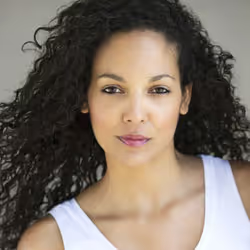
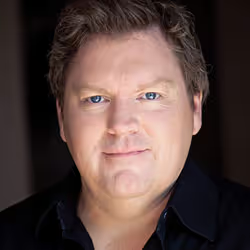


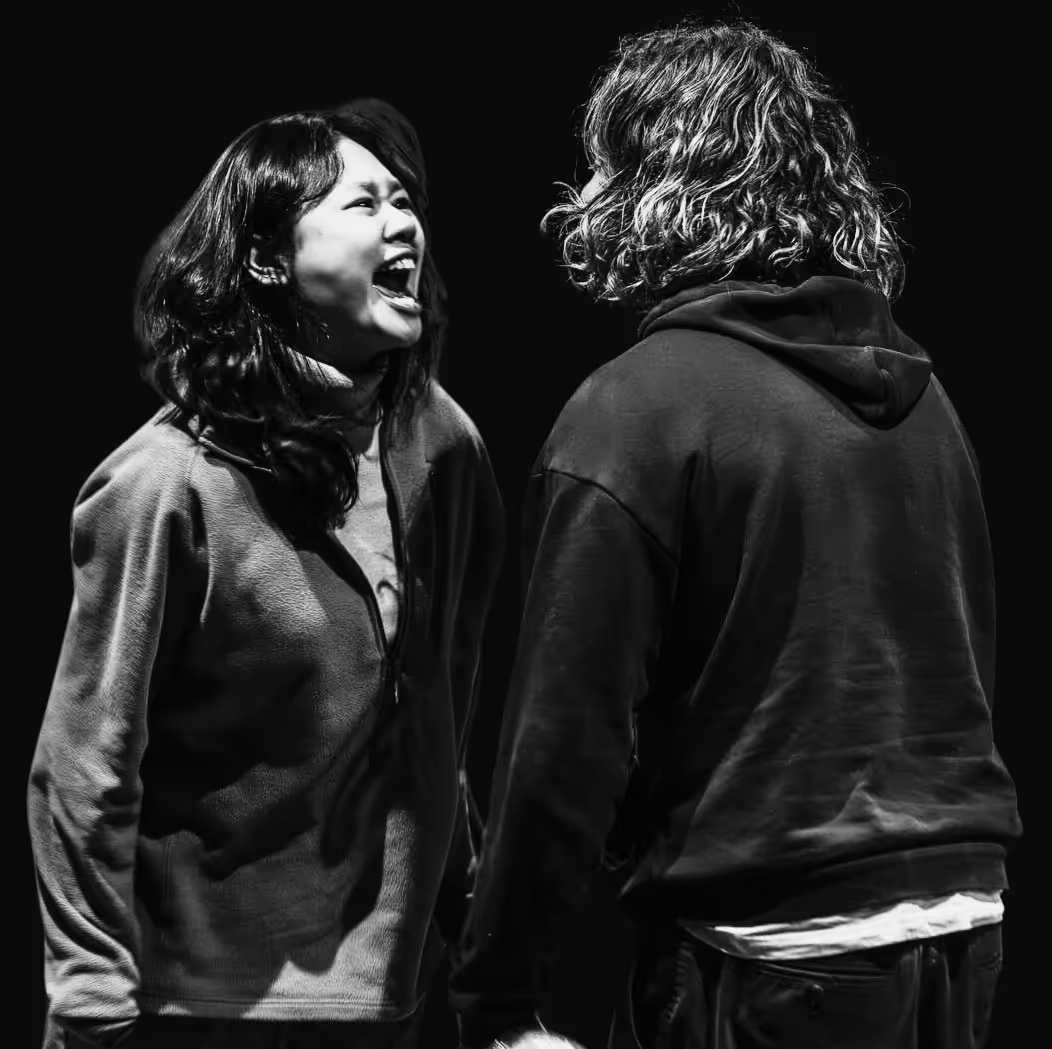



Get in touch with us using the form or details below. We look forward to hearing from you!
